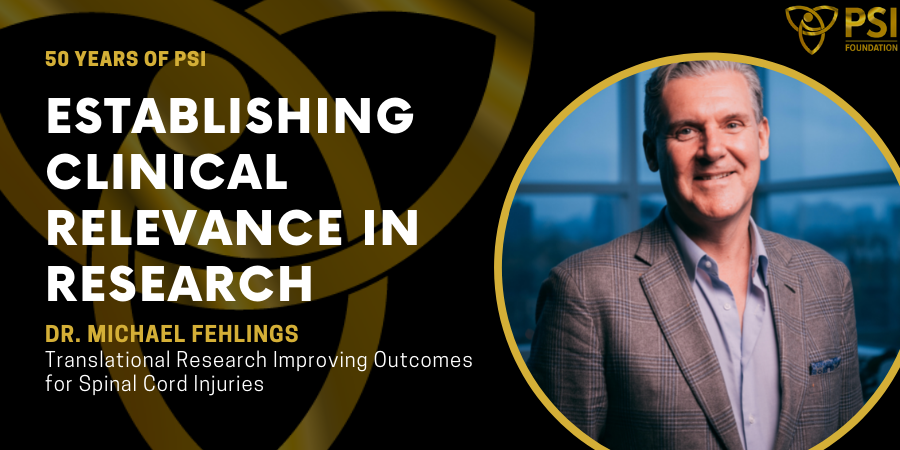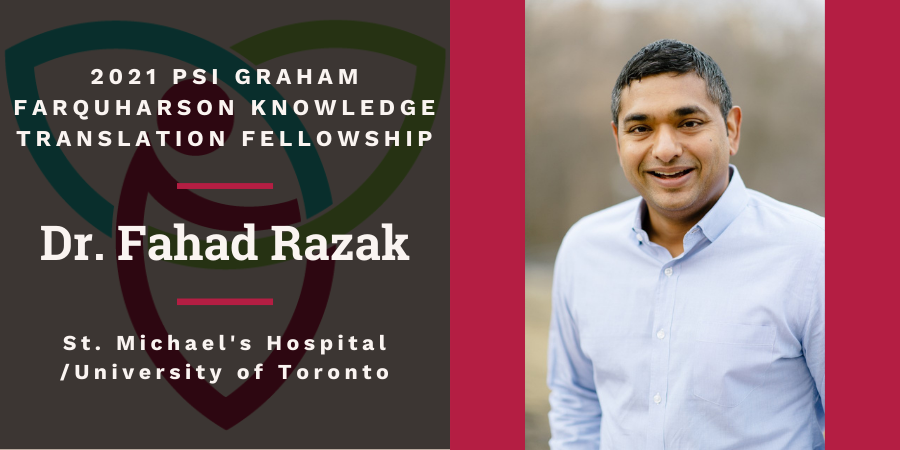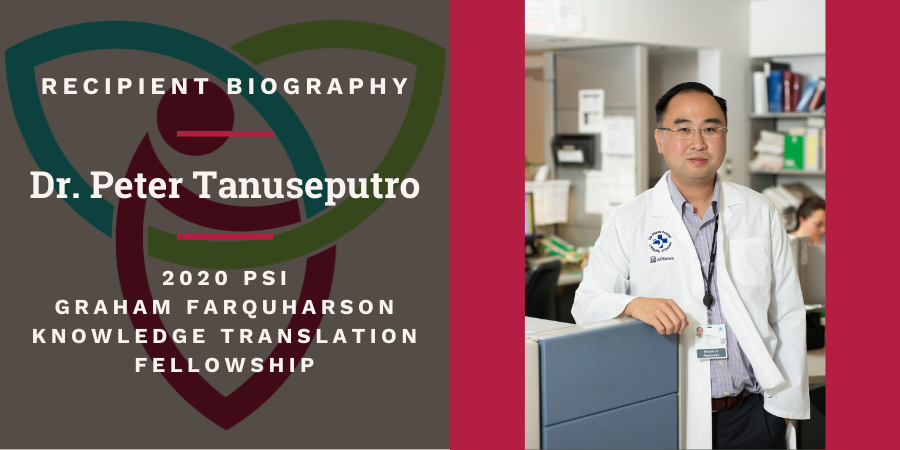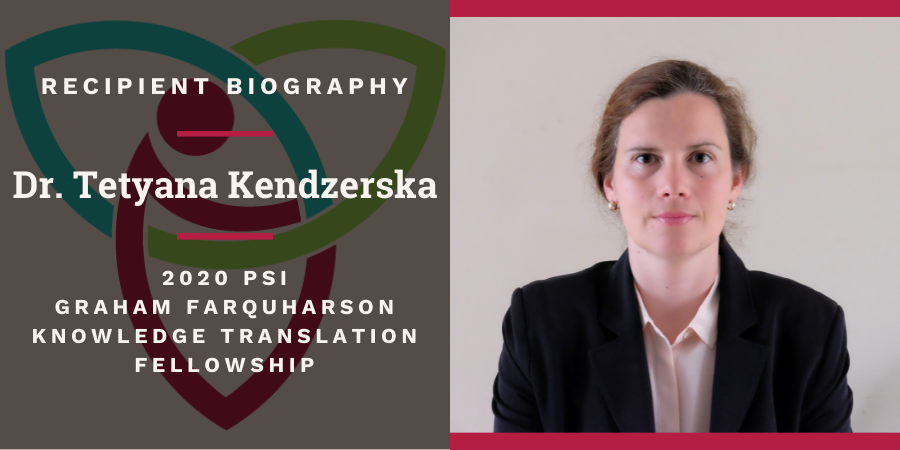“PSI Foundation really understands translational research and the idea of the clinician scientist. The Foundation has a unique position in supporting clinically relevant research, and this has been an important contribution to science in Ontario, and therefore nationally and internationally.” – Dr. Michael Fehlings, Toronto Western Hospital and University of Toronto
Dr. Michael Fehlings, a neurosurgeon at Toronto Western Hospital and professor in the University of Toronto’s Department of Surgery, was first exposed to the idea of translational research and the role of clinician scientists as a medical student. “I was impressed that by asking key questions related to medical practice, one could generate research that could change the way you treat a patient,” he says.
During his research career, he has focused on spinal cord injuries, specifically secondary spinal cord injuries – the biochemical processes such as inflammation and generation of reactive oxygen species that cause cell death following an initial spinal cord injury. Because these secondary injuries can exacerbate the initial injury, understanding these mechanisms is critical to develop new treatments. Dr. Fehlings says that PSI Foundation’s support of translational research has been critical to his research program.
PSI Foundation has funded his research for more than 25 years, from his early basic research on the mechanisms of secondary injury to more recent translational studies of biomarkers for degenerative spinal conditions. “PSI Foundation had the confidence to allow me to come forward with various ideas over the years,” he says. “A number of these strategies funded by PSI Foundation have now become translated into therapeutics or clinical trials.”
One of the first significant discoveries in his career, partially funded by PSI Foundation, demonstrated that when sodium enters nerve cells after an injury, it amplifies nerve cell damage. Based on this discovery, the sodium channel blocker riluzole, which is approved for treatment of amyotrophic lateral sclerosis (ALS), is now in phase 3 clinical trials to improve outcomes for traumatic spinal cord injuries.
Over the years, he and his team have studied whether intravenous IgG, approved for treatment of various inflammatory conditions, is effective in reducing secondary spinal injury, and in enhancing recovery after surgery for degenerative cervical myelopathy (DCM), a degenerative form of arthritis. This work is now in late preclinical stages. They also developed a novel bioengineered system to deliver drugs to treat spinal cord injuries, which served as a critical proof of principle for current delivery systems being tested in clinical trials.
Dr. Fehlings says that PSI Foundation support was essential to these discoveries. “In each case, we were able to leverage PSI funding several fold, bringing in additional grants and industry support to move it forward to clinical trials,” he adds.
Support from the PSI Foundation has been instrumental in a number of discoveries throughout his career that have garnered him international recognition. In 2009, he was awarded the Olivecrona Award, the top international award for neurosurgeons and neuroscientists awarded by the Nobel Institute at the Karolinska Institute in Stockholm, for his important contributions in central nervous system injury repair and regeneration. In 2014, Dr. Fehlings was elected to the Fellowship of the Royal Society of Canada and to the Canadian Academy of Health Sciences, and last year the Right Honourable Jacinda Ardern, Prime Minister of New Zealand, presented him with the Ryman Prize for his work enhancing the quality of life for older people.
His most recent PSI Foundation grant, awarded in 2017, is more directly translational. He and his team are studying whether genetic biomarkers in blood samples can identify individuals who are more susceptible to DCM. Identifying these patients would allow for earlier, possibly even preventive, treatment. Early results have been very promising, and the work will be published soon.
Dr. Fehlings’ research, directly or partially funded by PSI Foundation, has led to results that have influenced clinical practice guidelines and enhanced outcomes for patients. “Translational work is always evolving,” he says. “Being a clinician-scientist has allowed me to ask critical questions and make a positive impact to help with innovative treatments.”




